Within the last few years, the word “influencer” has taken on an entirely new meaning. People from around the world are being paid to be “influencers” on social media, sharing their opinions, tips, and information to hundreds of thousands and sometimes millions of followers.
One of the most popular facets of the influencer industry is those who focus on wellness, including subjects such as yoga, nutrition, and medication. However, some say that the often incorrect information these wellness influencers are spreading is becoming a problem.
What Is a Wellness Influencer?

Before understanding how wellness influencers are using their platforms to spread misinformation, it’s first crucial to understand what “wellness influencer” actually means.
Essentially, a wellness influencer is someone who posts on social media, either as a profession or a hobby, to teach or encourage followers how to live a healthy, sustainable, or proactive lifestyle.
The Wellness Industry Is Now Worth Trillions
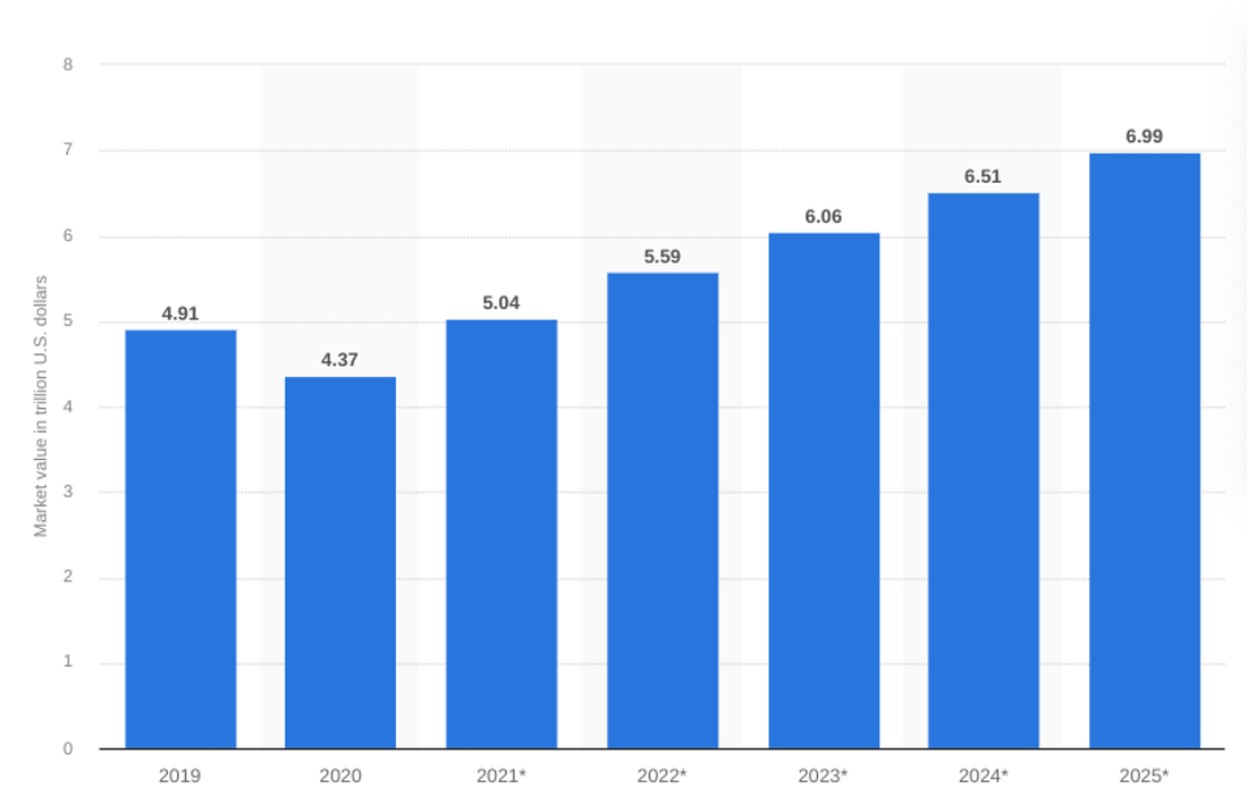
In the years before social media, the wellness industry consisted mostly of educated physicians, psychologists, nutritionists, and fitness instructors. But today, anyone can make a profile and call themselves a wellness expert.
Consequently, the wellness industry has expanded exponentially. In fact, according to The Global Wellness Institute, “In 2022, the global wellness economy reached $5.6 trillion, nearly 14% higher than its size in 2019.” And that number is only expected to increase.
Wellness Accounts Have Turned Political
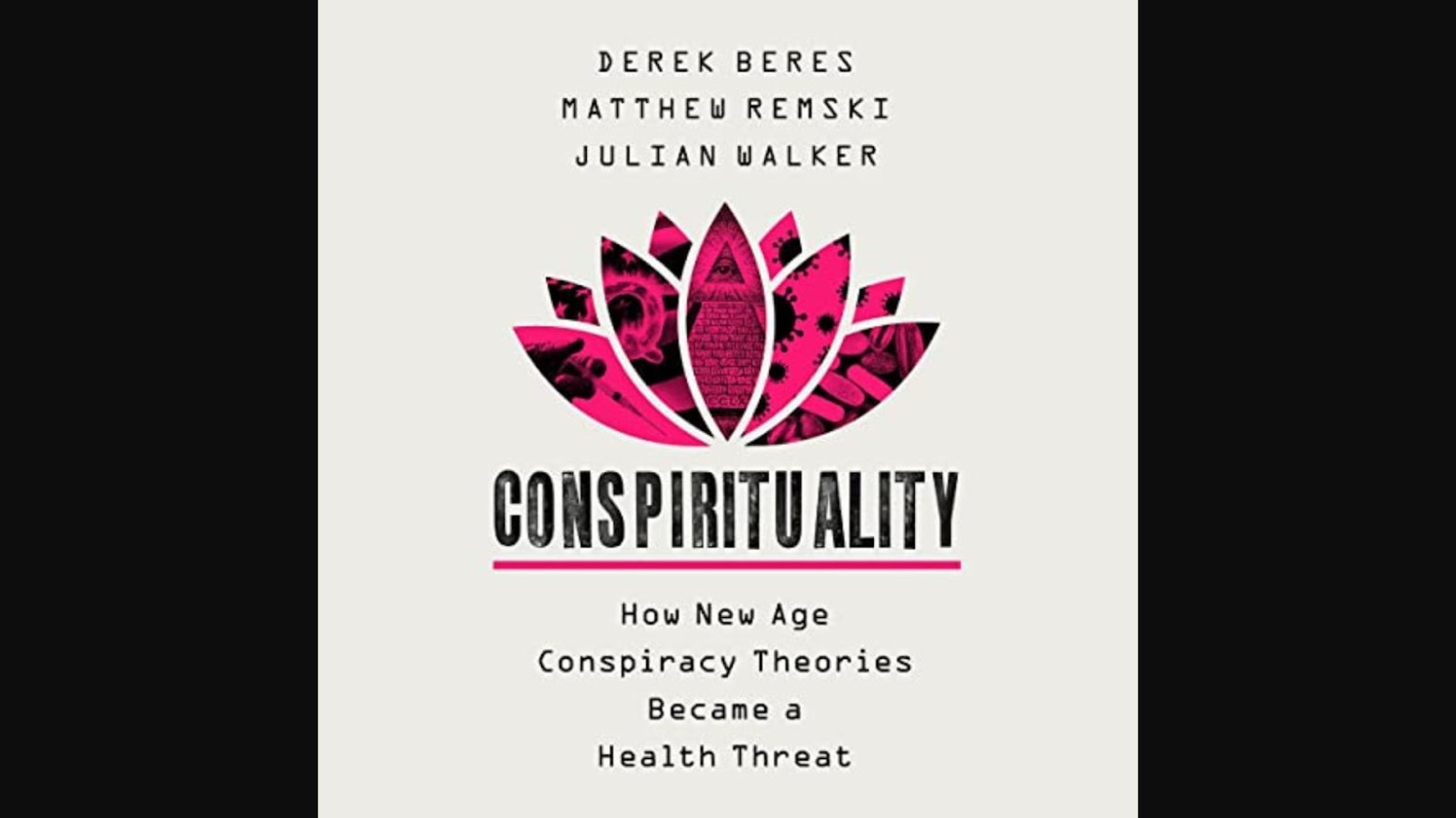
In theory, the idea of spreading helpful tips as to how to stay healthy sounds like it would be good for the general population. However, some wellness influencers are using their accounts to spread more than just health tips.
It’s becoming growingly apparent that thousands of wellness influencers have become political and are sharing their personal opinions about the state of the world as fact. It’s such an issue that there was even a book written about it called “Conspirituality: How New Age Conspiracy Theories Became a Health Threat.”
Influencers Are Claiming to Spread the “Truth”

The problem the book and many other experts are reporting is that these influencers, who have no education in the topics they post about, are telling followers that they (and only they) have the “truth.”
One wellness influencer named her account @truth_crunchy_mama and wrote in her bio that she is a “Truth teller inspiring YOU to overcome the hard in life.”
Posting “Facts” on Colored Backgrounds
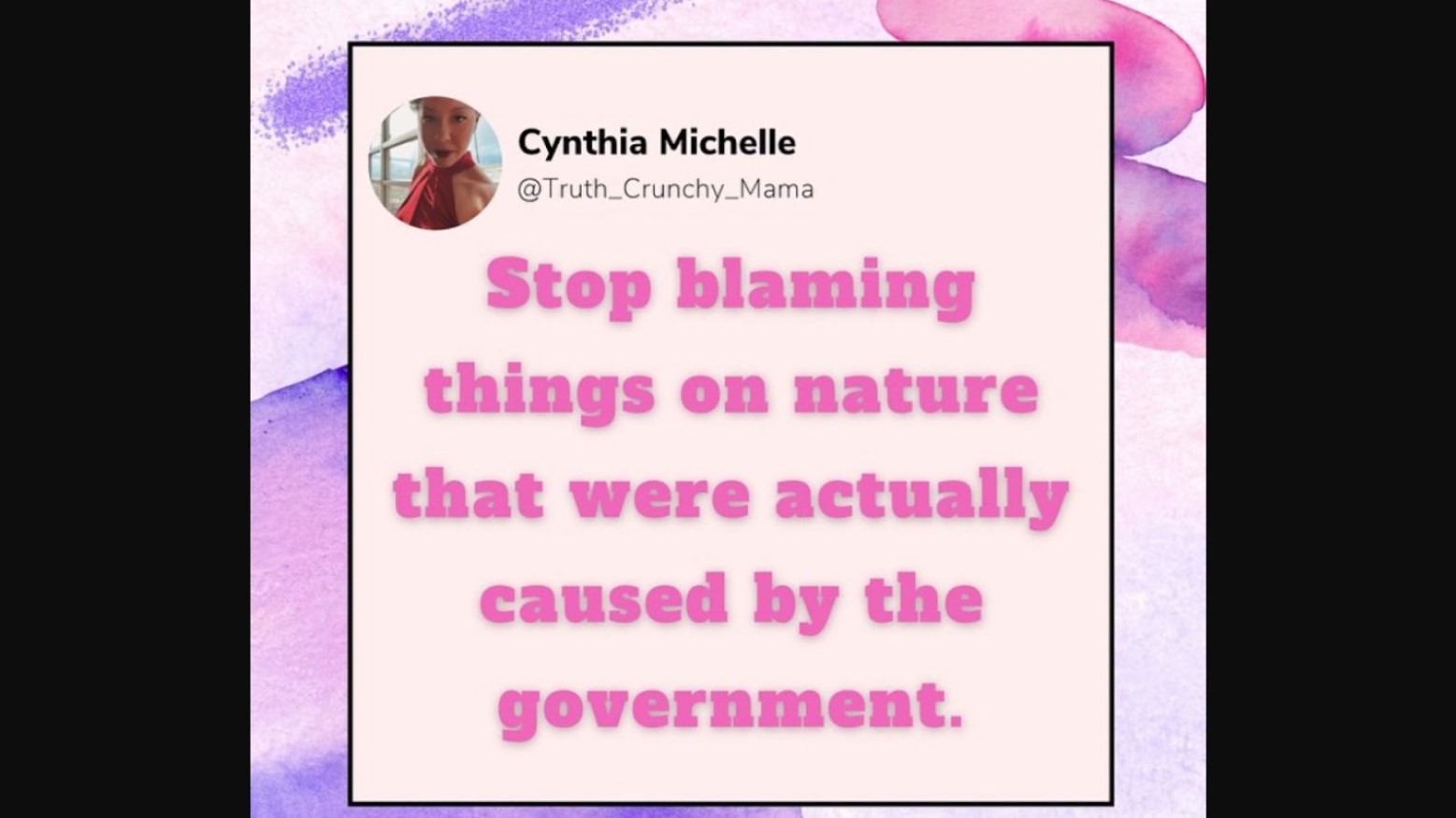
However, the problem is that @truth_crunchy_mama is posting the “facts” she wrote herself on colorful backgrounds with no evidence to support her claims.
For example, when the Maui fires devastated Hawaii, she wrote, “Stop blaming things on nature that were actually caused by the government,” and yet added no sources to support her theory.
Using Credentials to Gain Respect
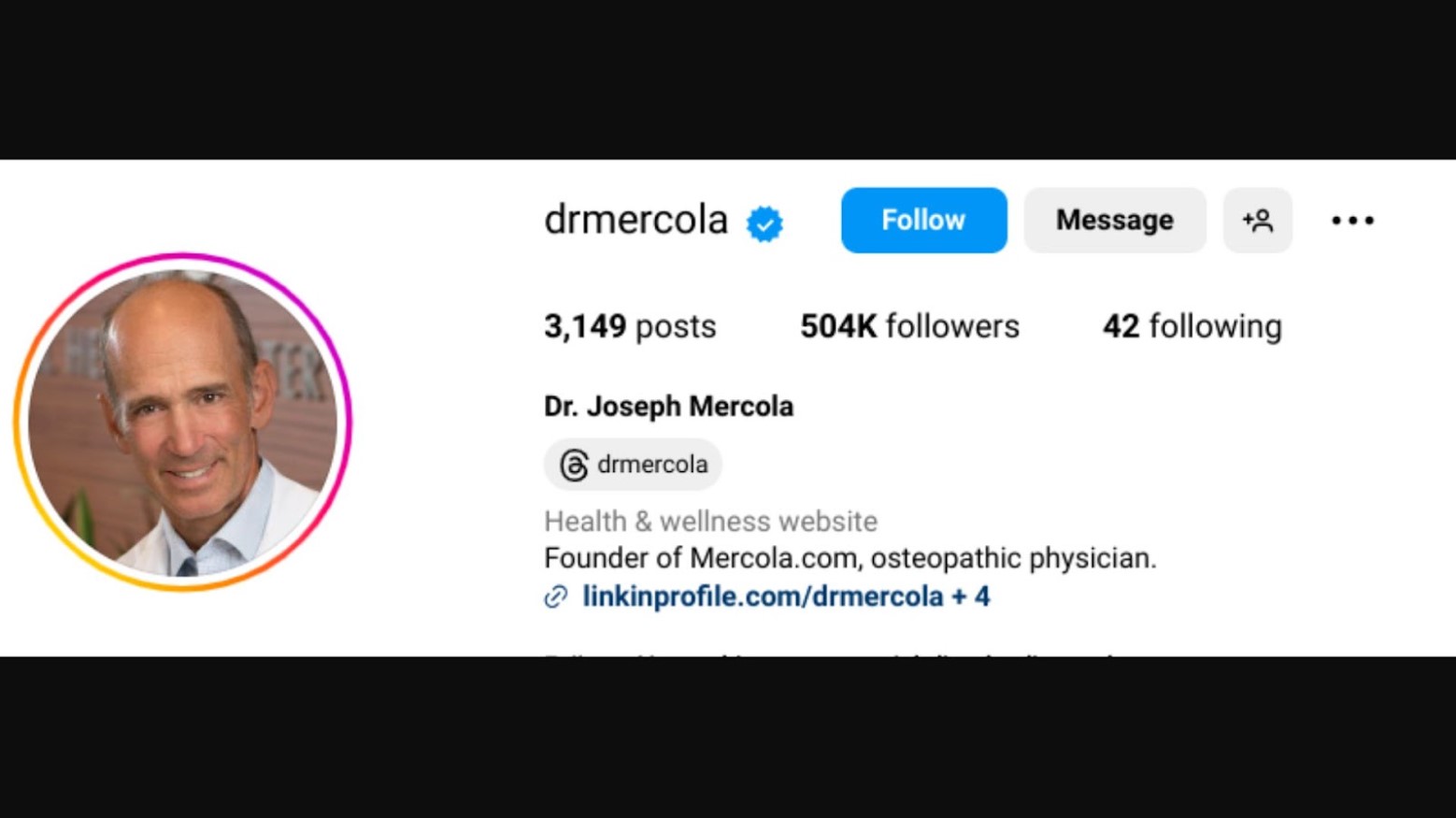
Other wellness influencers are using credentials such as higher education and even Ph.D. degrees to prove their legitimacy.
But again, even influencers who claim to have a background in science research are not providing followers with tangible evidence; they simply continue to post controversial theories.
Speculating Can Confuse the General Public

One way in which @Drmercola uses his page to confuse his followers is through questions as opposed to definitive claims.
For example, Mercola posts photographs with texts such as “Is the nitrogen crisis being used as a cover for land control?” and “Will the government soon criminalize your thoughts?”
People Are Now Getting Their News from Influencers
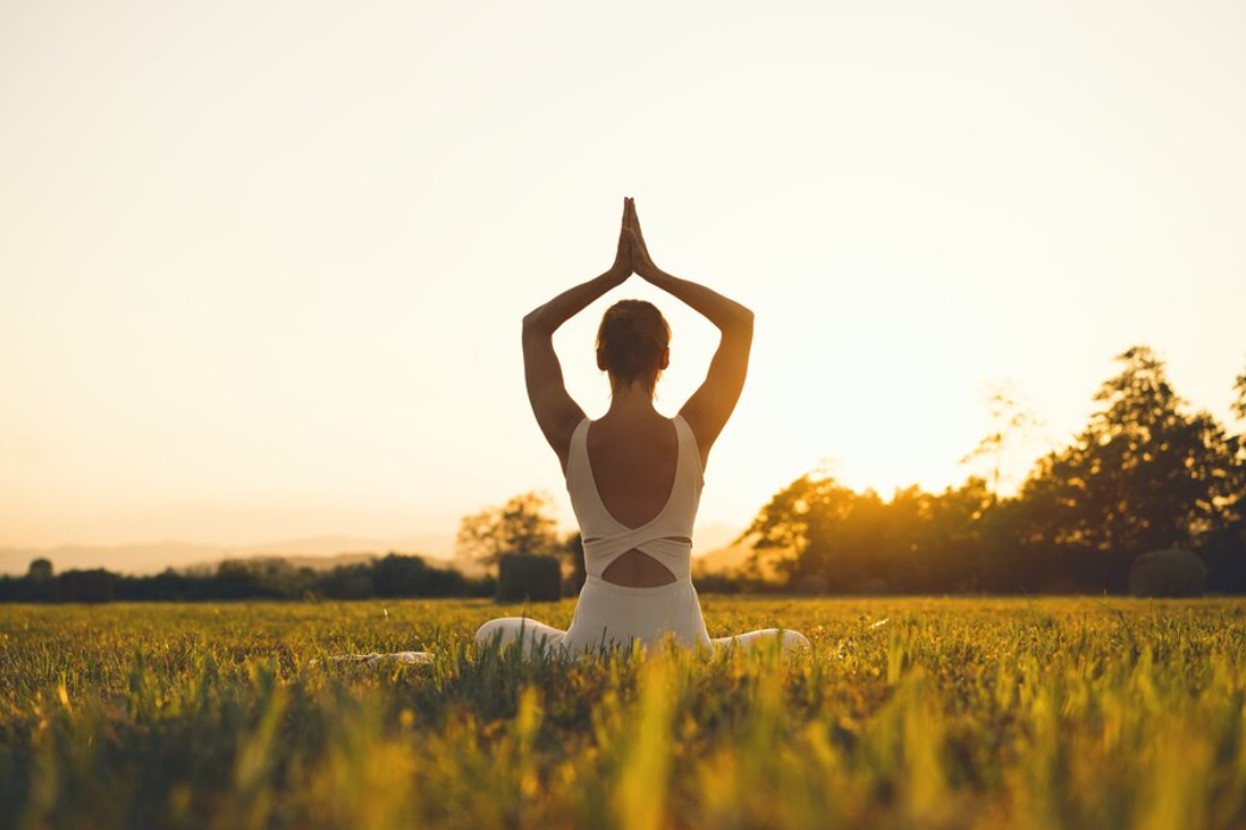
While the spreading of misinformation is concerning, this issue is especially prevalent as the vast majority of people, especially the younger generation, are getting their news from social media platforms like Instagram or Facebook.
And if the world’s population is getting their information from wellness influencers, the truth of what is really going on will be completely lost.
Misinformation Has a “Profound Impact” on the World
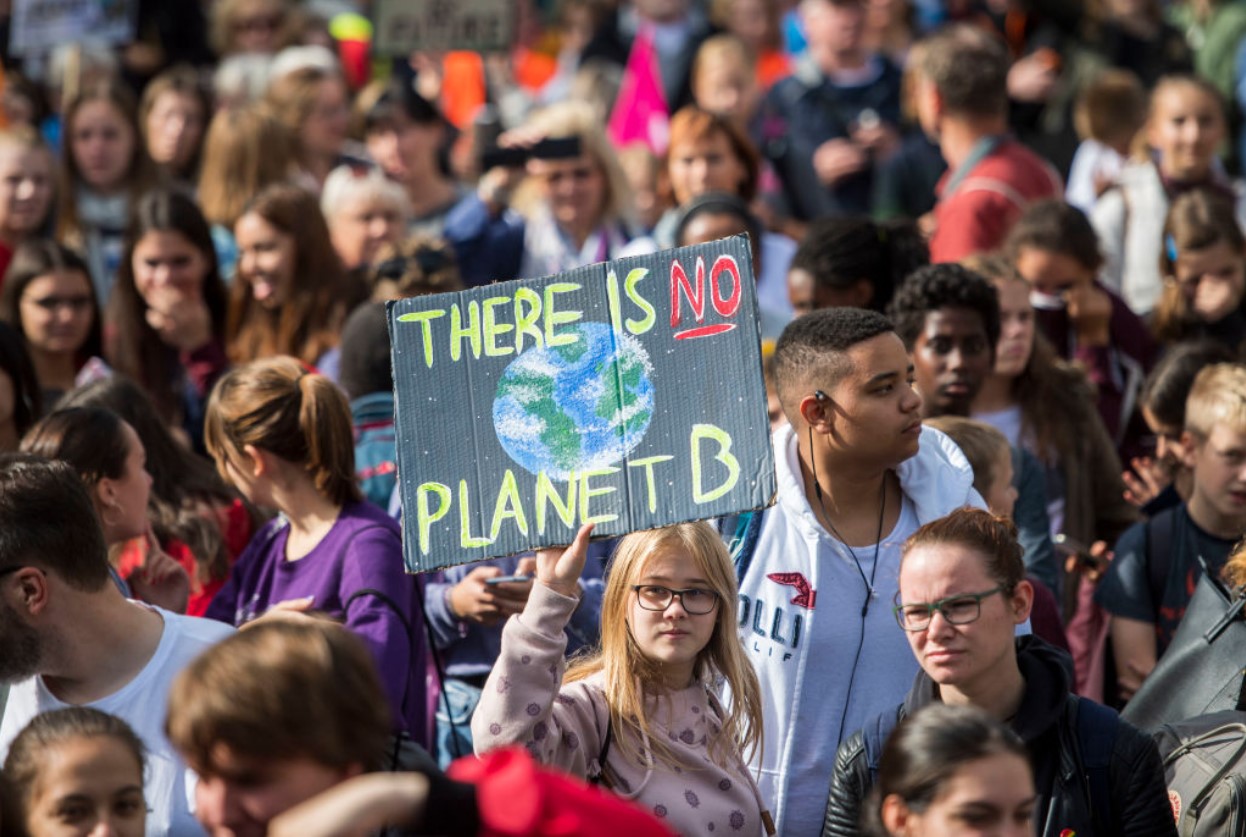
Tim Caulfield, a misinformation expert and professor of health law and policy at the University of Alberta, explained that, specifically, the misinformation surrounding climate change is having “a profound impact” on the world.
If young people are reading incorrect information regarding the state of the planet, experts worry that they won’t fight for climate change, and that the world as we know it will collapse beneath us.
Is It Meta’s Responsibility to Stop the Spread of Misinformation?
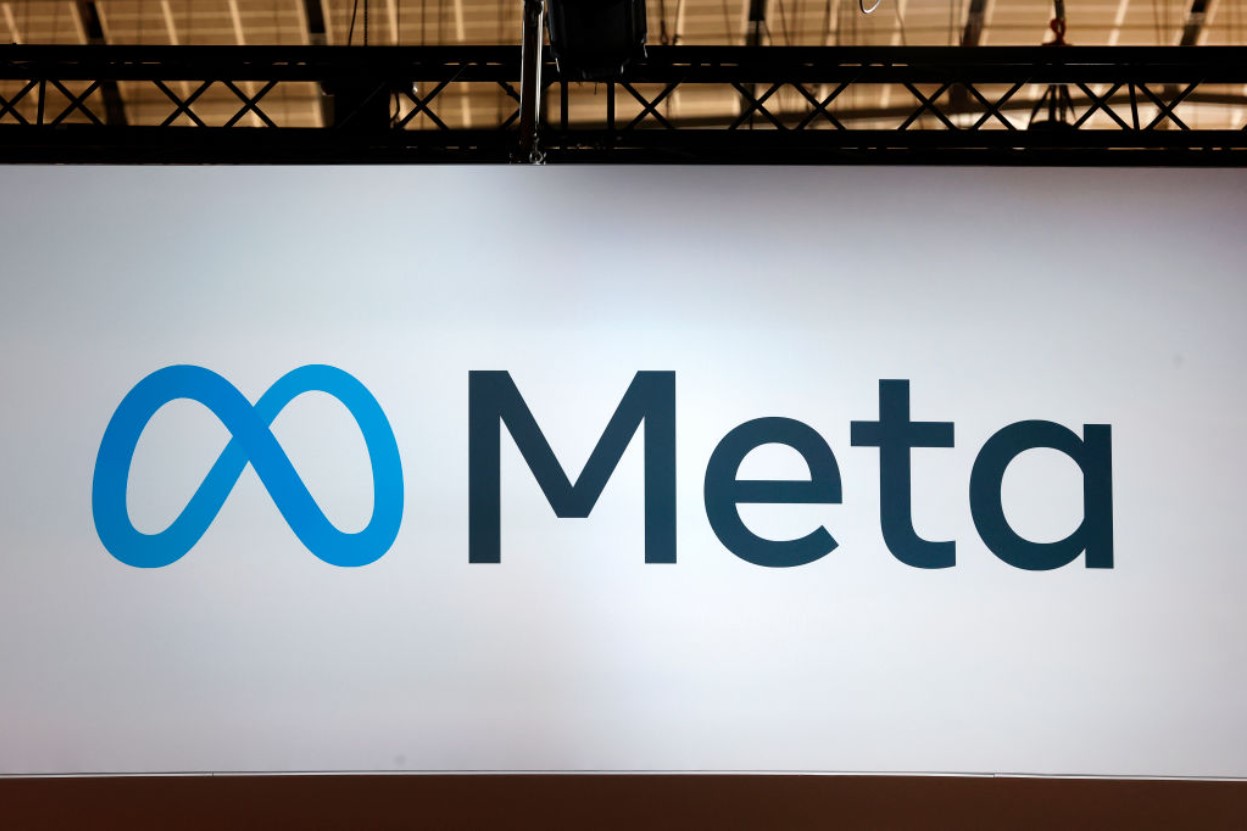
Mark Zuckerberg’s company, Meta, owns both Facebook and Instagram, as well as Threads. And many are wondering if the tech giant shouldn’t be more proactive in ensuring its users aren’t being duped by misinformation.
Currently, users can report posts as incorrect or misleading, and a team of fact-checkers at Meta will assess whether or not they need to be removed. However, some experts, such as Callum Hood, the head of research at the Center for Countering Digital Hate, say the platform isn’t doing nearly enough.
Just Like the Moon, Wellness Has a Dark Side

There are now several organizations, such as the Center for Countering Digital Hate, that are working tirelessly to ensure social media platforms are held accountable for their users and the spread of misinformation.
Cécile Simmons, a researcher at the Institute for Strategic Dialogue, which focuses on disinformation, studied 150 wellness accounts and the information they spread. And she said, “The dark side of wellness has always been there. It’s just now we see it.”








































